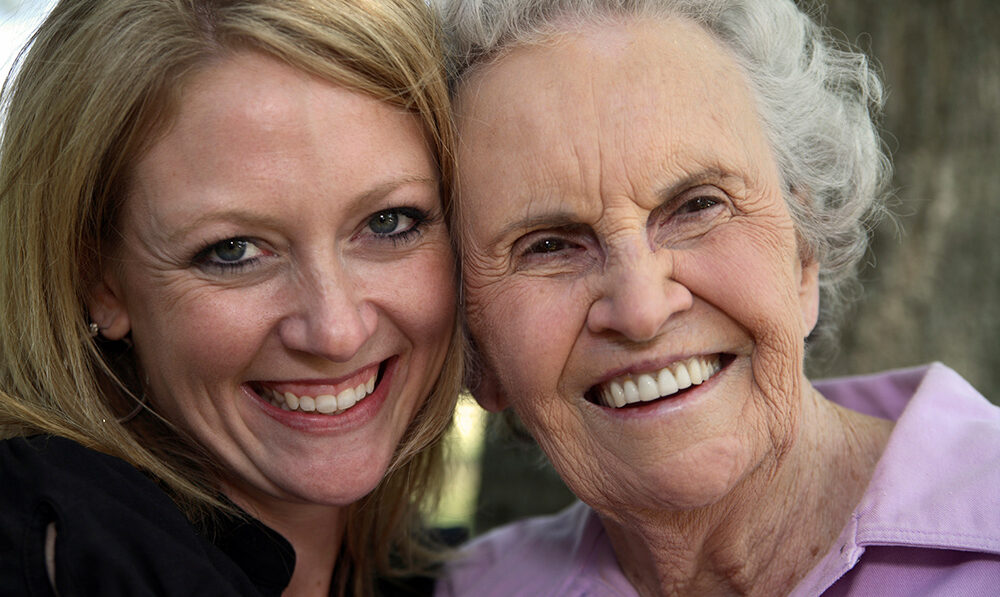Aging brings with it a host of changes — physical and cognitive. As a loved one gets older, it’s natural to notice shifts in their memory and cognitive abilities. Some memory lapses are a normal part of aging, but when do these changes signal something more serious? And when is it time to consider senior memory care?
As people age, their brains undergo structural and functional changes which might include decreased blood flow and the loss of neurons and synapses. These changes can affect memory, processing speed and problem-solving abilities. For many people, these changes are mild and manageable. However, when memory loss and cognitive decline interfere with daily life, it might indicate a more serious condition such as dementia or Alzheimer’s disease, and senior memory care can be beneficial to the individual as well as loved ones.
What is dementia?
In the United States, approximately 6.2 million people over 65 are living with Alzheimer’s disease, the most common type of dementia. Dementia is an umbrella term for a range of conditions characterized by significant cognitive decline that interferes with daily life. Dementia affects memory, thinking, behavior and the ability to perform everyday activities. Senior memory care communities have programs specially designed to meet the needs for individuals with dementia. It’s important to differentiate between normal aging and dementia to ensure appropriate care and support.
How to know when it is age-related forgetfulness or signs of dementia?
Visit this site to learn more about how to tell the difference. Age-related forgetfulness can include missing a monthly payment, forgetting which word to use and losing things from time to time. Recognizing the signs of dementia can be challenging, especially in its early stages. Some common symptoms of dementia include:
- Memory loss. Forgetting recently learned information, important dates or events and repeatedly asking for the same information.
- Difficulty with tasks. Struggling to complete familiar tasks at home, work or leisure.
- Disorientation. Becoming confused about time or place.
- Poor judgment. Making poor decisions and having issues with solving problems.
- Losing things. Misplacing items often and being unable to find them.
- Changes in mood and personality. Increased anxiety, depression, confusion or suspicion.
It is important to note that some medical conditions or deficiencies can mimic dementia. Vitamin B12 deficiency, infections, underactive thyroid as well as prescriptions and over-the-counter medications can cause dementia-like symptoms. That’s why if you or your loved one has the above symptoms, it is important to talk to a health care provider to find out if there are any underlying causes for the symptoms.
When is it time for senior memory care?
Deciding when to move a loved one into senior memory care is never easy. Here are some factors to consider.
- Safety concerns. If your loved one is frequently wandering, getting lost or having accidents, it may be time for a more secure environment with more support.
- Caregiver stress. If the primary caregiver is experiencing burnout, stress or health issues due to the demands of caregiving.
- Social isolation. If you or your loved one are becoming increasingly isolated, depressed or the condition is causing strain in family relationships.
- Quality of life. If daily life can be improved with specialized care, social activities and a supportive environment.
Benefits of senior memory care
Memory care communities offer specialized environments designed to meet the needs of persons living with dementia. Some of the benefits include:
- Expert care. Staff specially trained in dementia care and support can provide appropriate support and attention as needed.
- Safety. Secure environments prevent wandering and provide security to residents.
- Engaging activities. Programs designed to stimulate cognitive function in senior memory care settings and to provide social interaction help prevent further mental decline.
- Routine. Structured routines can help reduce confusion and anxiety.
- Family support. Respite care and support groups for families can help manage the emotional toll of caregiving.
Facing the reality of dementia in a loved one is difficult, but understanding when it’s time for memory care can make a significant difference in their quality of life as well as your peace of mind. If you notice signs of dementia, seek a professional evaluation and discuss options with healthcare providers. Remember, the goal is to ensure the safety, health and happiness of your loved one, and sometimes that means seeking specialized senior memory care that you may be unable to provide at home.
Country Meadows Retirement Communities offers secured and non-secured senior memory care settings for individuals living with dementia and memory loss. As a leader in memory care, Country Meadows employs technology such as the Tover Table and utilizes the Validation Method to better interact with residents living with dementia. Please reach out to one of our locations today. We’re here to help.



